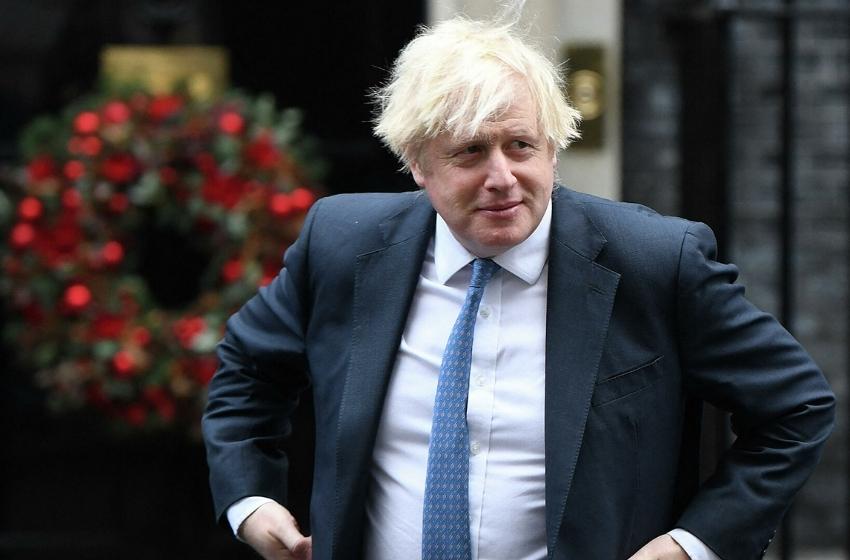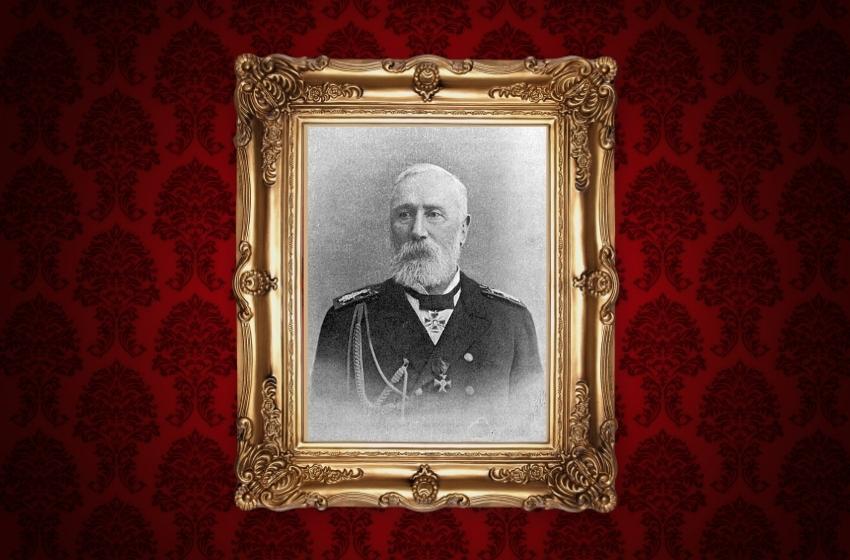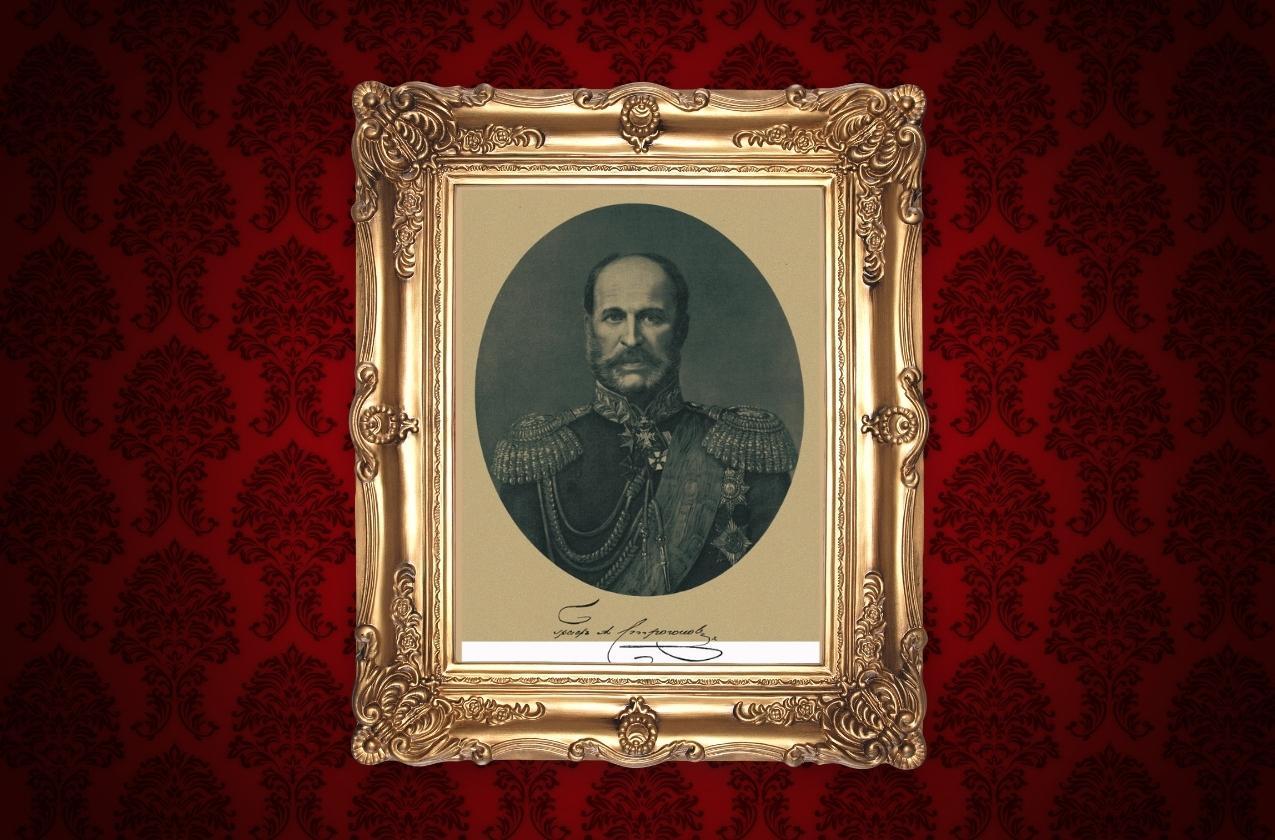Paul Van Hoeydonck is an Antwerp artist who made the statue "Fallen Astronaut". That is not just any statuette, it has something unique. If you were to walk on the moon one day, that would be the only work of art you would see there ... That's not nothing.
Apollo 15, a space program from NASA, proposed using "Fallen Astronaut" as a memorial to the astronauts and cosmonauts who lost their lives while exploring the space. On August 1, 1971, an Apollo 15 crew member, David Scott, placed the statue on the moon next to a plaque bearing the names of eight American astronauts and six Soviet cosmonauts.
At 12:18 a.m. Greenwich Mean Time, on Aug. 2, 1971, Commander David Scott of Apollo 15 placed a 3 1/2-inch-tall aluminum sculpture onto the dusty surface of a small crater near his parked lunar rover. At that moment the moon transformed from an airless ball of rock into the largest exhibition space in the known universe.


“Odessa will not forget you†- I always say that when I want to say something especially pleasant ... Everything is expressed in this: my love for Odessa, and for my Motherland, and for people.
Georgy Dobrovolsky, from the Interview, June 4, 1971
We are proud to say that one of this astronauts is the odessite Georgy Dobrovolsky.
Georgy Timofeevich Dobrovolsky was born on June 1, 1928. Before the war, the teenager managed to complete a six-year study at a local school. In 1944, Georgy was arrested by the invaders for possession of a pistol, as a result of which he was threatened with 25 years of hard labour. However, in the same year, the inhabitants of Odessa bribed the prison guards and, thanks to fake documents, Georgy was able to escape. Later, Dobrovolsky entered the Odessa Air Force School. His next education was received at the military school of the city of Chuguev from 1948 to 1950, and he got the title of "fighter pilot".

Since January 1963, Georgy began to undergo space training. In 1965, after completing his studies and passing all exams in general space training, he received the qualification "Air Force cosmonaut". Further training of Georgy Dobrovolsky was carried out for various missions, among which was the flight of the moon on the Soyuz 7K-L1 spacecraft, as well as the Almaz program. However, in 1971 he began training as a crew commander for a flight to the Salyut-1 space station on board Soyuz-11.
On June 7, 1971, a group of G. Dobrovolsky, as well as cosmonauts V. Volkov and V. Patsaev set off towards the space station. After a safe docking with Salyut-1, the cosmonauts began to carry out technical and research work, which lasted 22 days. When checking the Soyuz-11 spacecraft for tightness, no problems arose, but the computer system warned the astronauts about the open hatch. The crew identified this warning as a sensor failure. Later, on June 30, during the landing of the spacecraft, communication with the Soyuz-11 crew was suddenly cut off. The search team found the spacecraft 2 thousand kilometers from the planned landing site. All the cosmonauts were killed. The cause of the disaster was the depressurization of the ship's cabin as a result of the extremely unlikely breakdown of one of the opening valves.
Another reason for their death is that the cosmonauts did not have spacesuits. They were sent into space in flight uniforms and caps. This, by the way, is also an echo of a star race with USA. Without spacesuits, a Soviet spacecraft could fit not two, but three cosmonauts; one more than the Americans.



For conducting a complex and dangerous space mission, the odessite cosmonaut was posthumously awarded the title of Hero of the Soviet Union. Buried on Red Square in the Kremlin Wall. Forever enrolled in the lists of the military unit. An asteroid in the constellation Leo, a scientific research ship of the Academy of Sciences of the USSR, streets in a number of cities, schools No. 10 in Odessa and No. 54 in Vladivostok are named after Dobrovolsky. And Honorary Citizen of Odessa.





















